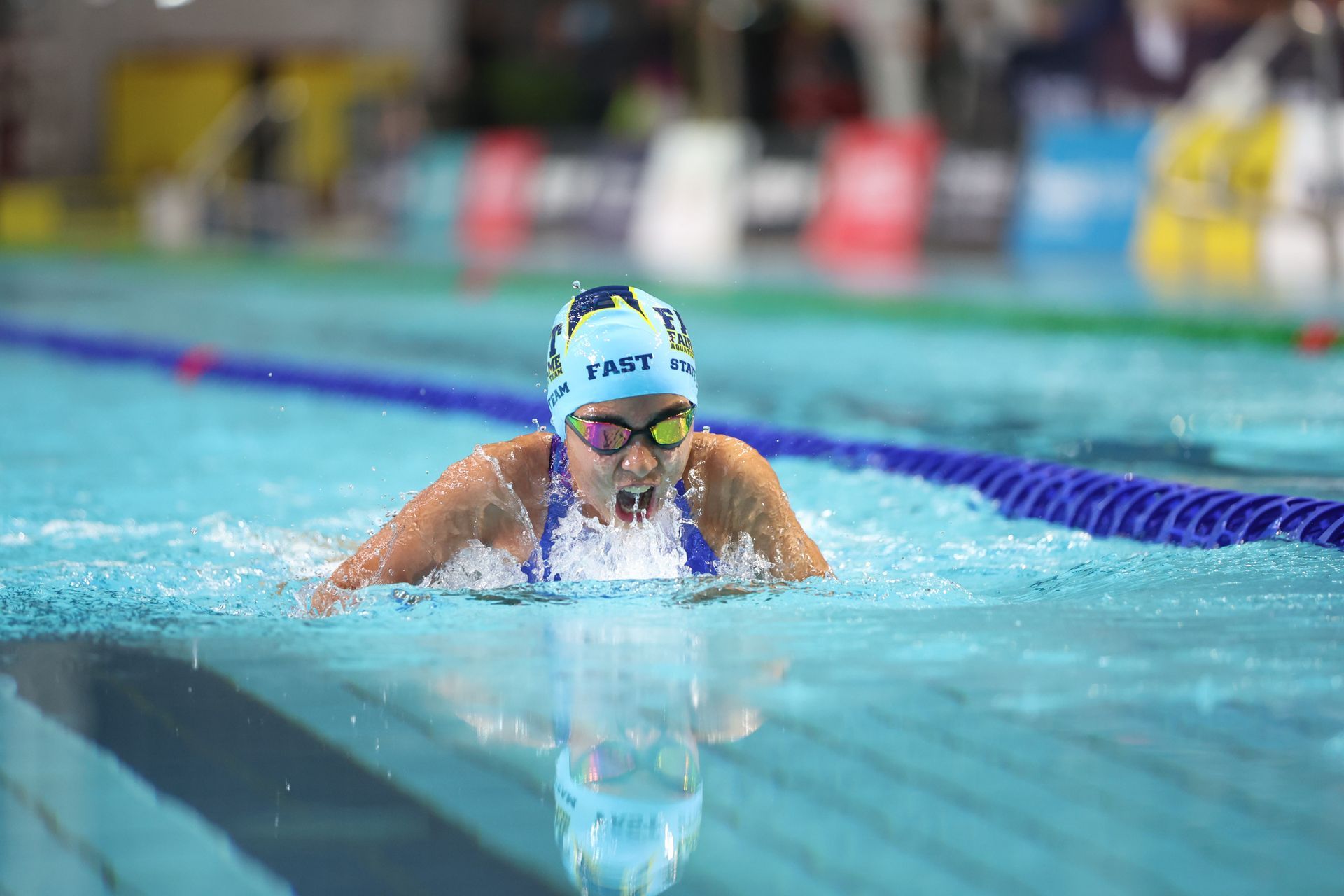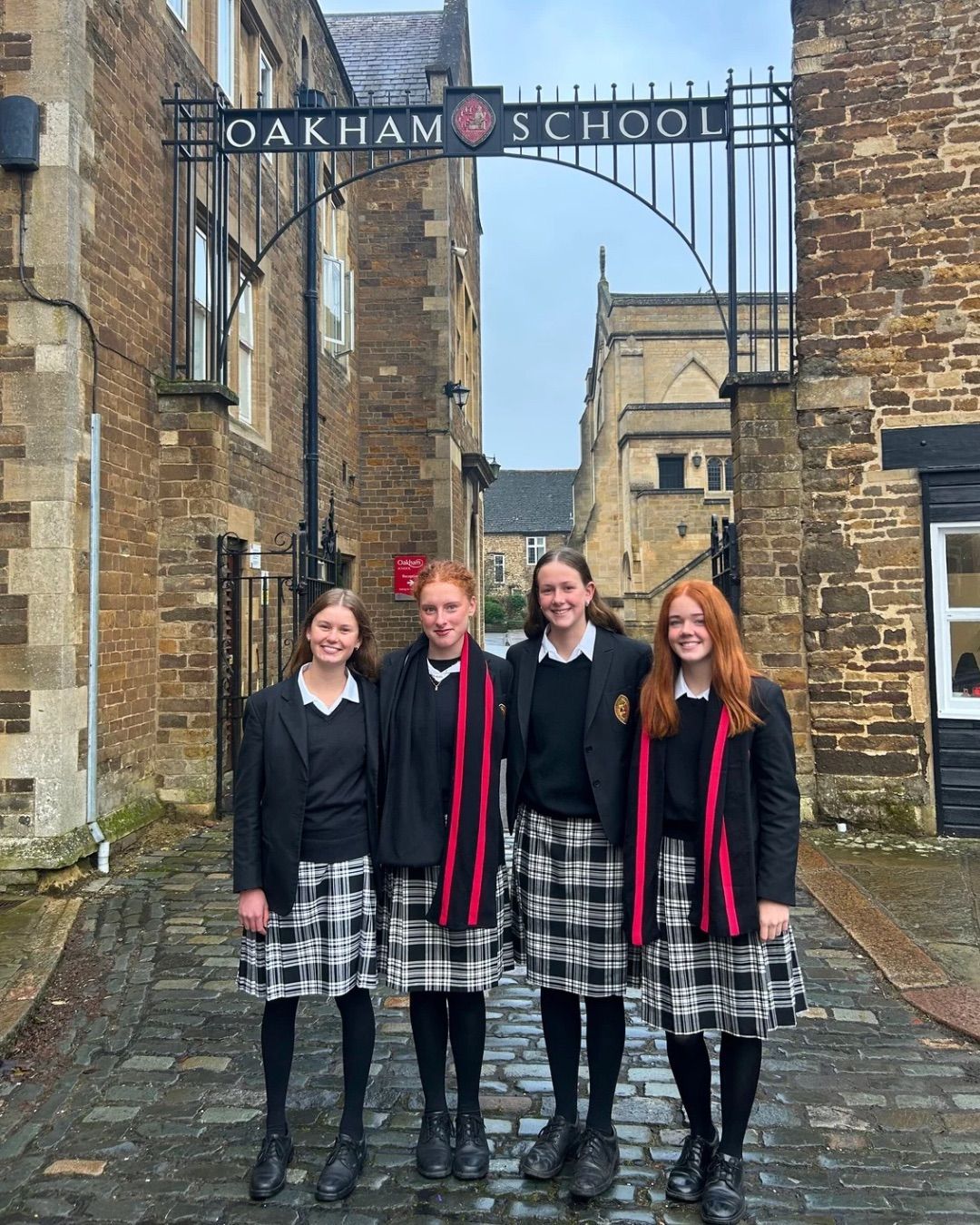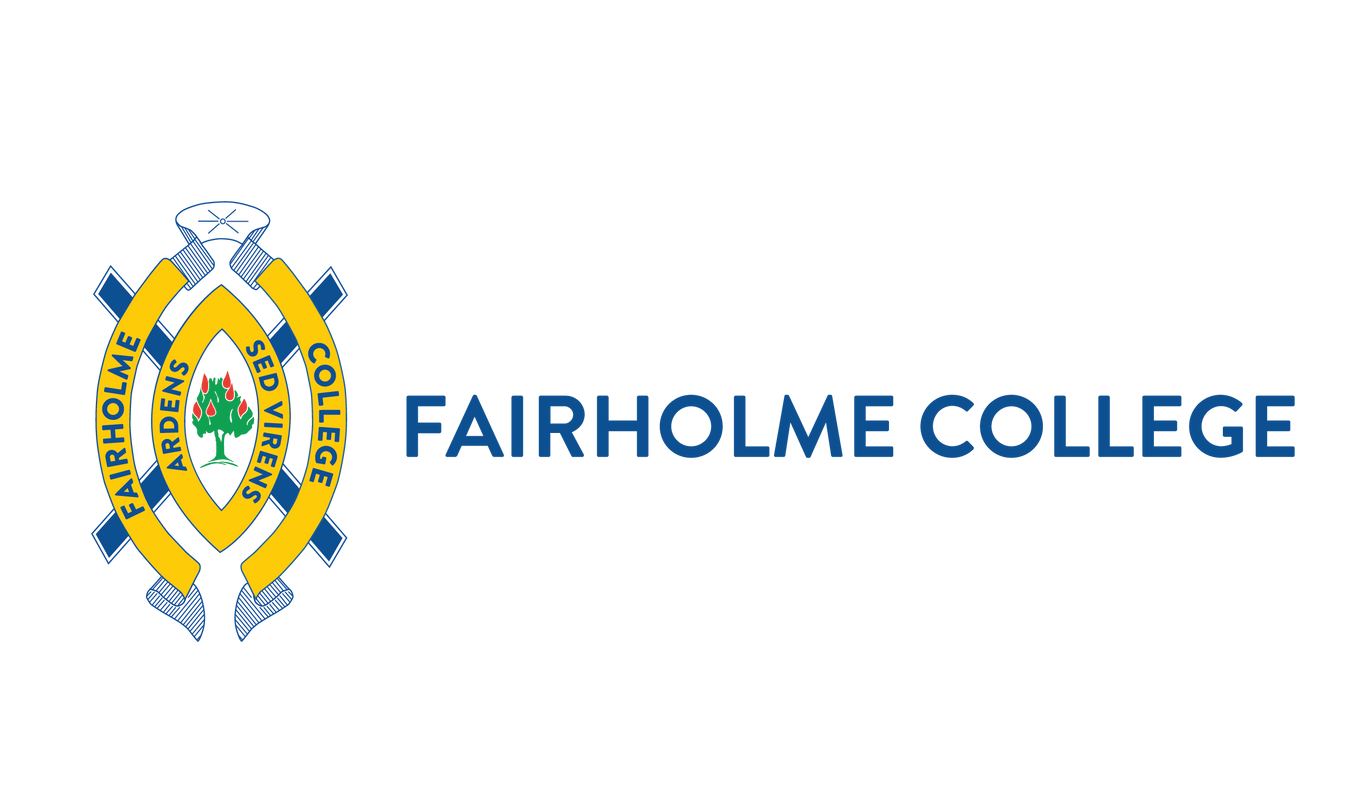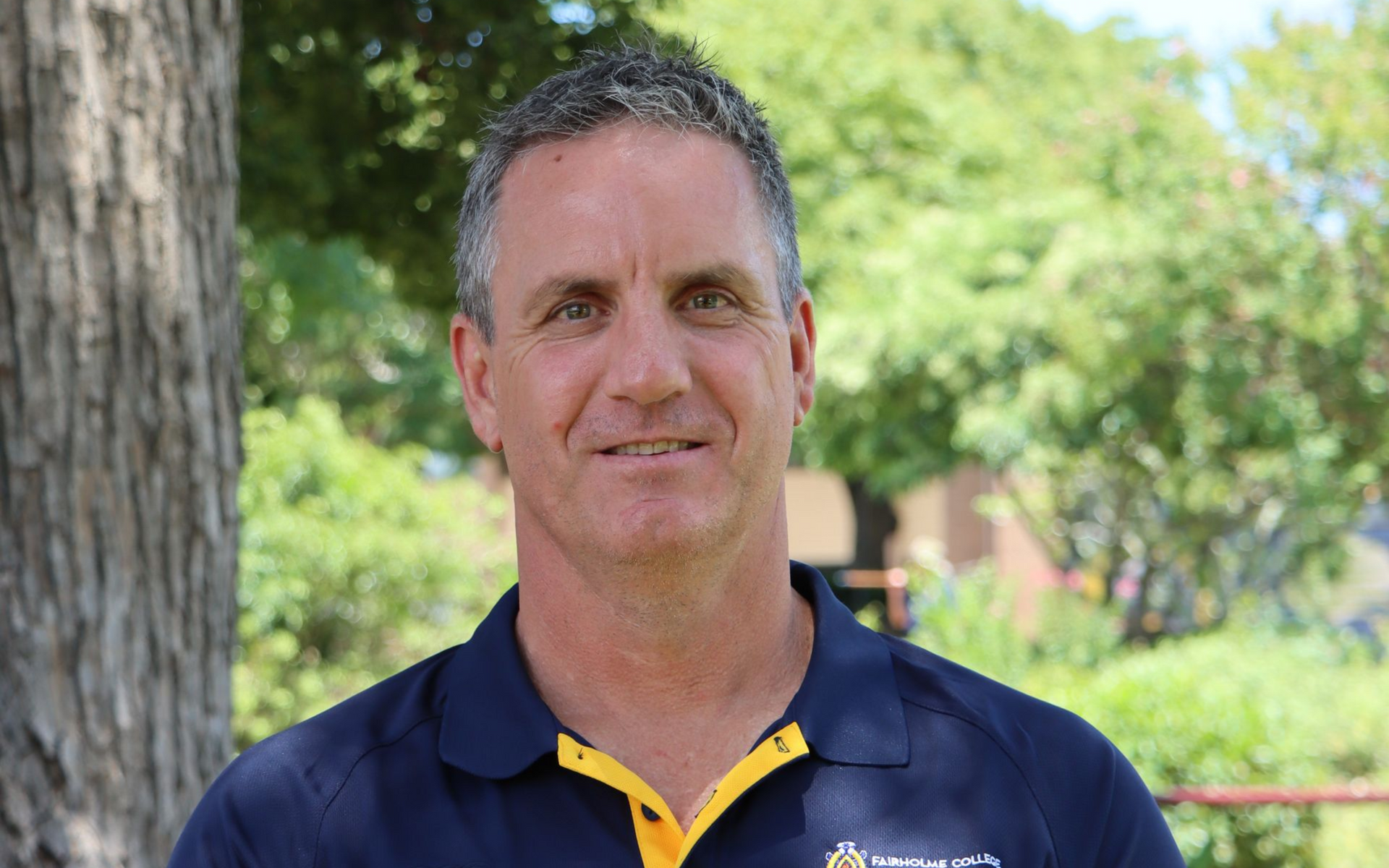Relational Pedagogy: The Heart of School Culture, Learning and Wellbeing
On Friday 9 September, our Head of Teaching and Learning, Pam Stains, and our Head of Faith and Wellbeing, Cath Butler, were invited to present a session at the International Coalition of Girls’ Schools Symposium highlighting an important element of the Fairholme culture: Relational
Pedagogy.
At Fairholme, we believe that learning begins with relationship. That when a girl feels safe, seen, and supported, she is far more likely to flourish - not just academically, but emotionally and socially too. This belief isn’t just a nice idea; it’s a lived reality, reflected in the feedback from staff and students collected through interviews and surveys conducted by Professor Andrew Hickey from UniSQ in 2024.
We’ve long worked in the “with” quadrant of Ted Wachtel’s social discipline window - doing things with students, not to or for them. However, a few years ago, we noticed something. While our restorative approach was helping resolve conflict, it often came too late. Teachers were feeling stretched, and students - especially in moments of challenge - needed more than resolution. They needed connection and they needed skills.
This aligned with research supporting the idea that our students have varying levels of skill in demonstrating empathy or engaging with others using social and emotional intelligence, and therefore have varying ability or desire to resolve conflict restoratively. It’s not a will problem, this is a skill problem. So we asked ourselves: what could help staff to enhance the skill level of students struggling to meet expectations, whilst still strengthening connection and building relationships?
That question led us to Dr Ross Greene’s Collaborative and Proactive Solutions (CPS). CPS is a gentle, trauma-aware approach that sees behaviour not as defiance, but as communication. A child who struggles isn’t choosing to misbehave, they’re lacking the skills to meet expectations and communicating this in a variety of ways, using behaviour that will either frustrate us or engender empathy. And so, instead of reacting, we slow down. We listen. We work with them to understand what’s hard, to build the skills they need, and see the change.
To strengthen this approach in the college, in 2025, twelve staff members joined a CPS pilot program. These staff were offered professional learning time to train, reflected, and practise and what they found was remarkable. Relationships deepened, classrooms became calmer, students began to take ownership - not just of their behaviour, but of their learning. Teachers felt more regulated, more connected, and more hopeful.
Instead of asking what’s wrong, in this approach, we seek to ask: what’s hard? What skills might be lagging? What expectations are difficult to meet? It’s a small shift, but it’s changing the way we see our girls, and the way they see themselves. Students are not problems. Rather, we collaborate, and become problem solvers together. Of course, it’s not always easy. CPS takes time. It asks us to stay curious longer, to resist the urge to fix, and to trust the process. But the rewards are real.
From 2026, our staff training will evolve to include both Restorative Practices and CPS—under the banner of Relational Pedagogy. Because at Fairholme, we’re not just teaching content, we’re building skills now and into the future. And, we’re doing it together, with collaboration, and enjoyment.
More News…
